Dexter: Original Sin and the obsession with TV franchises
With fewer shows being commissioned, original storytelling is at risk because the one thing that is surging in Hollywood is franchise TV.
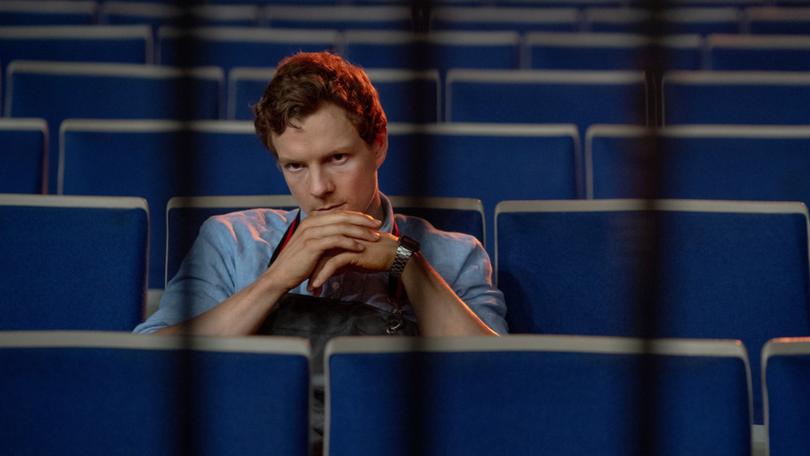
When Dexter aired its finale 2013, it was hard to argue the show was shortchanged.
Maybe the fans were with that weird ending, but the series had run for 96 episodes over eight seasons. It had its time.
Fast forward to 2021, and the serial killer was back in a sequel series called New Blood. At the end of that 10-episode series, it seemed final. Dexter (spoiler alert) was shot in the chest by his son, his body splayed in the snow, his blood seeping out of him. Now it was over. He was dead.
Sign up to The Nightly's newsletters.
Get the first look at the digital newspaper, curated daily stories and breaking headlines delivered to your inbox.
By continuing you agree to our Terms and Privacy Policy.Only it wasn’t, and he wasn’t.
Of all the retcons to happen across pop culture, the just-kidding-they’re-not-really-dead is one of the worst. It renders everything stake-less, and makes a mockery of fans’ emotional investment in a story.
If you’re going to do it, you better have a bloody good reason.
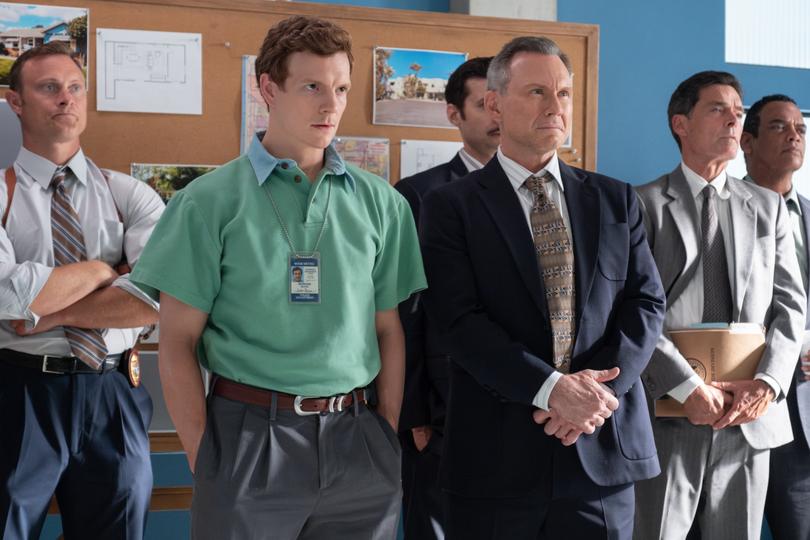
In 2024, the only justification for anything is the F word. Franchise.
Like its big screen counterpart, TV and streaming has become a hotbed of existing and connected universes fuelled by familiar intellectual property.
Dexter: Original Sin premiered on Friday, a prequel series about the young Dexter Morgan learning the ropes of forensic science and murdering people who “deserve” it.
It’s set a decade before the start of the 2006 series and features the more youthful versions of characters we’ve already met before including Maria LaGuerta, Angel Batista and a still-alive Harry Morgan.
The show is full of Easter eggs for fans, including the way he spins his chair in his office, but offers little in terms of fresh ideas.
The young Dexter is played by Patrick Gibson but Michael C. Hall returns as the character’s inner voice. Hall also appears on screen, very much alive, being raced to medical care in the back of a car after his apparently-not fatal shot.
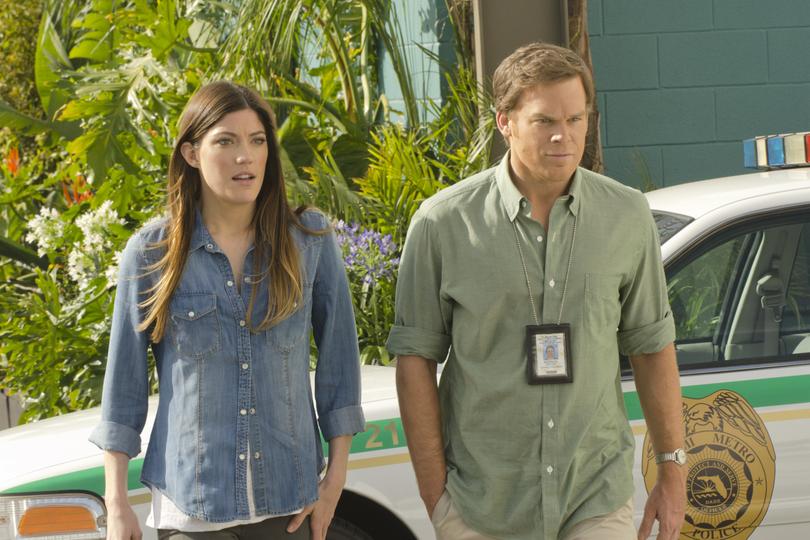
They had to bring him back because the studio has already confirmed yet another spin-off in the Dexter universe: Resurrection.
If you’re keeping count, that’s eight seasons of the original show, one season of sequel New Blood, one season, so far, of Original Sin, and another to come of Resurrection.
Dexter is symbolic of this strategy in American TV to make more and more, but of the same. With budgets contracting and executives willing to take fewer risks, programmers are flocking to what they already know.
If they’re going to throw big money at a show, it has to have recognisable star power – and that doesn’t refer to celebrity.
Julia Roberts is just one of the A-listers with high-end TV shows (Homecoming, Gaslit) that never pierced the zeitgeist. Yet, how well did you know any of the Bridgerton actors before they stepped onto that wisteria-covered set?
Star power is much more intellectual property than people.
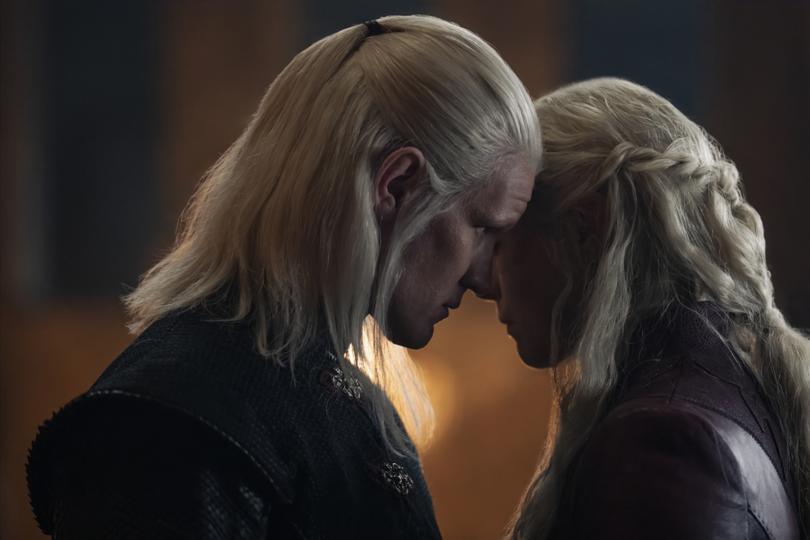
It’s why HBO can pump cash into several Game of Thrones prequels and the most famous name attached would be Matt Smith. It’s why The Rings of Power doesn’t have to cast anyone with a social media following in the millions. The brand is the star.
Kevin Costner may be a name, especially to anyone over 45 years old, but the Yellowstone universe doesn’t need him.
The glue that binds Yellowstone is writer Taylor Sheridan who has created a mini empire at Paramount studios, pumping out one project after another, but the Dutton-focused saga is at the core.
The main series, in all likelihood, ended yesterday, with the fates of the family, in some cases, etched in stone. It was a 90-minute finale that felt like a series wrap with the characters played by Kelly Reilly and Cole Hauser tipped to decamp into their spin-off show.
There have already been prequels 1883 and 1923, with a second season of the latter due next year, while another two are on the way — The Madison, starring Michelle Pfeiffer, and 1944, another prequel.
The Dutton shenanigans will live on and on and on and on.
As will the drama in Westeros. House of the Dragon is two seasons in and even though it hasn’t captured anywhere the near the level of feverish love as the original, there are two more spin-offs confirmed — A Knight of the Seven Kingdoms, which George R.R. Martin created instead of finishing the books, and Aegon’s Conquest.
There are three others (The Golden Empire, The Sea Snake and 10,000 Ships) in development, but not officially greenlit.
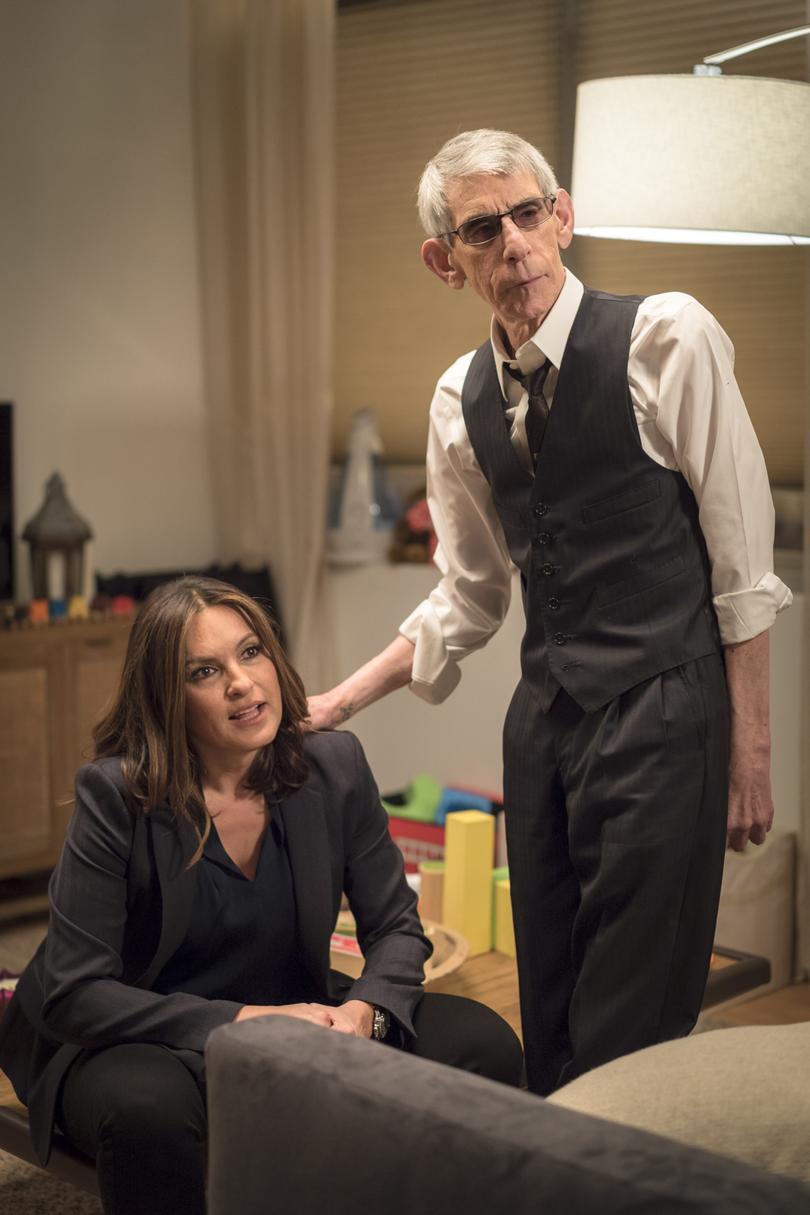
TV franchises are not new. Happy Days spun off seven shows including Mork & Mindy, Laverne & Shirley and Joanie Loves Chachi. Producer Dick Wolf has made very good mint creating universes of procedurals — between Law & Order, Chicago and FBI, he has 14 shows not including international versions.
But now it’s supercharged. Over a 40-year period between 1966 and 2005, there were six Star Trek shows. In the seven years since 2017, they have added another six, with one more on the way.
The streaming explosion created a beast that had to be fed, and risk-averse decision-makers flocked to what they already knew.
There are seven shows in The Walking Dead franchise, Suits spun-off one series and is about to launch another, Billions has plans for three (London, Miami and Trillions), The Good Wife spawned two, Power birthed three, and Star Wars and Marvel have lost count.
The appetite, from studios, is insatiable. They want sure bets, or at least the illusion of a sure bet.
For audiences, it all adds to up to the perception that there are no new ideas, even though plenty have actually have broken out. Some of them were then, inevitably, fed into the franchise and spin-off machine (The Boys with Gen V, To All the Boys I’ve Loved Before with XO, Kitty).
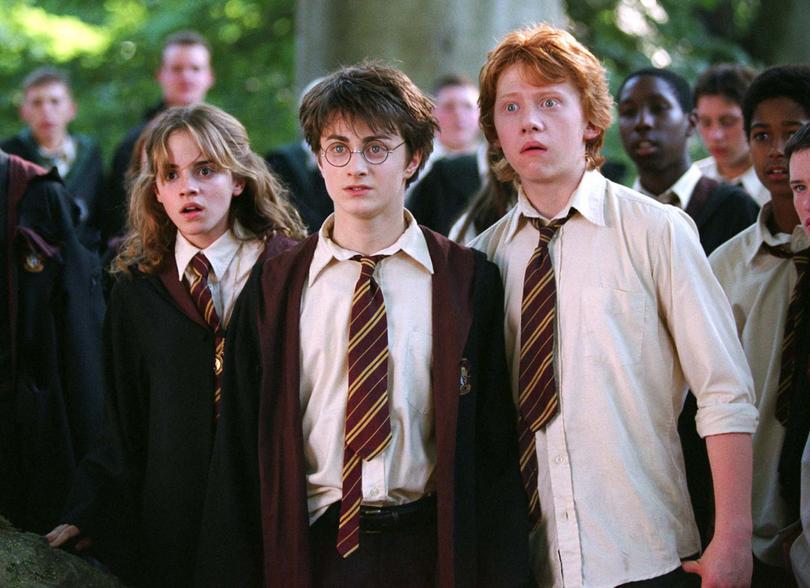
The considerable downside is with Peak TV behind us and entertainment businesses making fewer shows, it’s not the franchises that will be marginalised, it’s the original storytelling.
Right now, Warner Bros is casting for a reboot of one of its biggest properties, a Harry Potter TV series that will run for seven seasons, with one book spanning one year.
The movies made $US7.7 billion in ticket sales alone, and the overall franchise encompasses theme parks, myriad merchandise, a studio tour, video games, the stage play, spin-off movies and, of course, the books. It’s a money-printing machine.
It’s also a fame-making one. When the producers of the upcoming TV series, due to land in 2026, put out an open casting call for British and Irish residents aged nine to 11, they received 32,000 applications from eager parents and agents.
Everyone wants a piece of an existing phenomenon.

